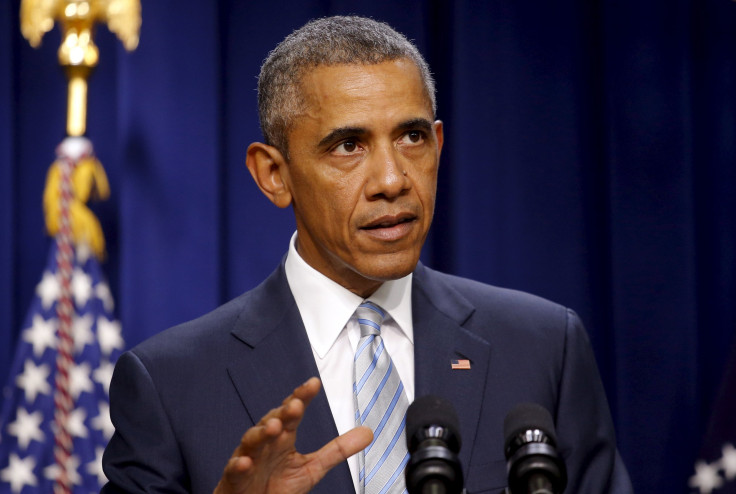Government Transparency? Most Federal Advisory Committee Meetings Now Held In Secret: Report

When federal agencies make grants or design new regulations, they often rely on panels of experts -- including industry representatives -- for counsel. But knowing precisely what these government-created advisory committees are pushing has been shrouded in secrecy: A new congressional report shows that most of the committee meetings are now held behind closed doors.
The analysis from the nonpartisan Congressional Research Service finds that last year, almost three-quarters of all advisory committee meetings were closed to the public. While President Barack Obama asserts that he has created “the most transparent administration in history,” the number of closed meetings was the highest percentage in the decade’s worth of data the congressional researchers studied.
The roughly 1,000 panels -- which are created by statute, agency authority or presidential directive -- “cost more than $334 million to operate” and about 70,000 people serve on them, according to CRS. That includes more than 14 percent who are classified as representing “the point of view or perspective of an outside interest group or stakeholder interest.” Last year, Obama reversed a policy that had banned lobbyists from serving on federal advisory committees.
The Federation of American Scientists, an anti-secrecy group, says these advisory committees are “an important mechanism for exerting non-governmental influence on the policies of executive branch agencies.” They advise the government on everything from science and military policy to conservation and tax enforcement. The scientists' group says that is why the original law was “intended to help counter abuse of the advisory committee process and ensure a modicum of fairness to competing points of view, in part by requiring that their meetings be conducted openly" -- except in rare circumstances.
Concerns about secrecy, imbalance and potential abuse were spotlighted last year by the Washington Post, which reported that advisory committees working on the controversial 12-nation trade pact called the Trans-Pacific Partnership “are heavily dominated by corporate interests and their related trade associations.” In all, the newspaper reported, those companies and groups “represent 85% of the voices on the trade committees” and “get access to documents that the public cannot see.”
© Copyright IBTimes 2024. All rights reserved.






















